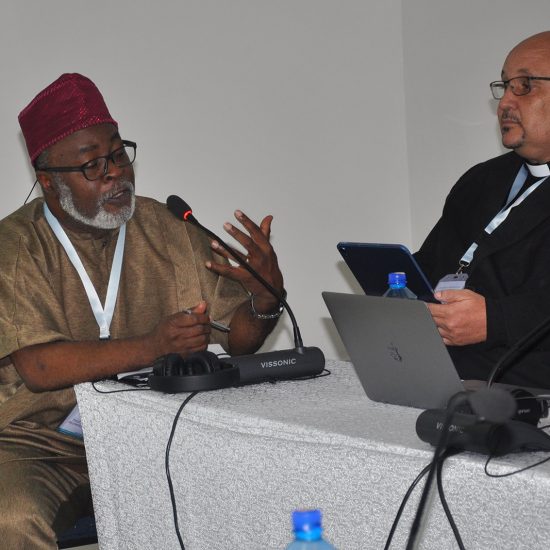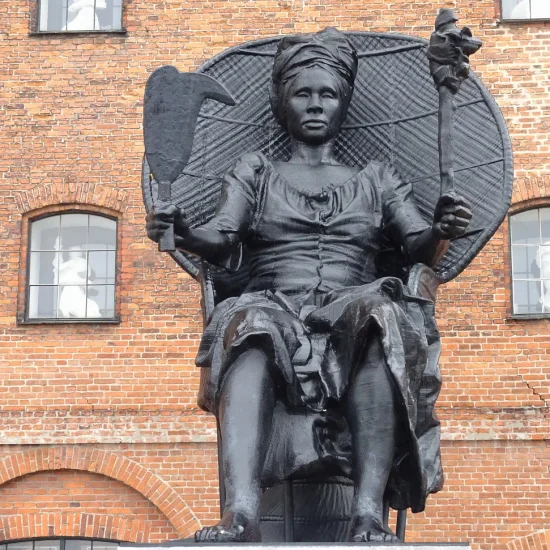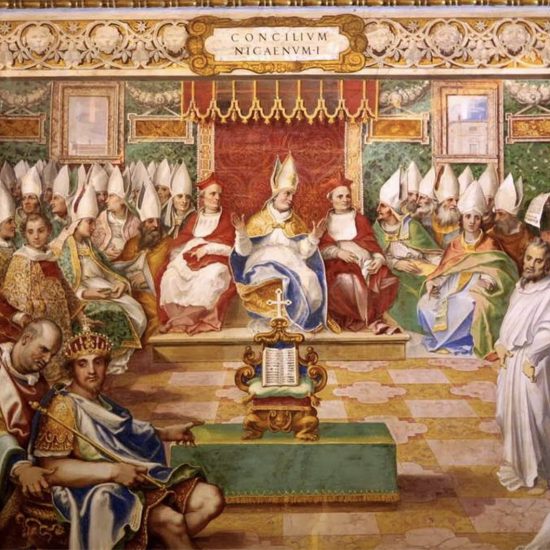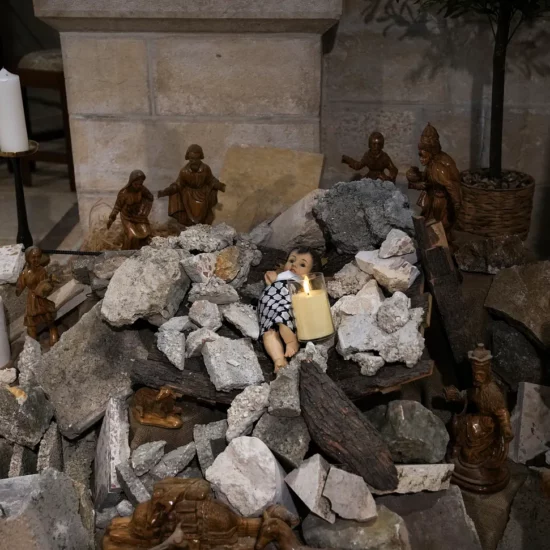
As countries around the world enact strict lockdowns to prevent the coronavirus pandemic from spreading, a Baptist peace activist in Zimbabwe argues such moves in his nation echo the lasting damage of Western colonialism. For poorer countries with few known cases and an inability to adequately test or provide for people during lockdown — let alone respond to an outbreak — some fear the impact of restrictive measures could cost more lives than the virus itself.
As of April 3, nearly 1.1 million people globally have been infected with the COVID-19 respiratory disease caused by coronavirus, and more than 58,000 have died. In Zimbabwe, only nine cases have been confirmed with one death. Meanwhile, the U.S. leads the world in the number of infected persons, and European nations account for the next three countries and nine of the top 14.
The first case in the southern African nation of Zimbabwe was found on March 15 after someone traveled home from the United Kingdom via neighboring South Africa. However, even before that point, President Emmerson Mnangagwa on March 14 declared a national emergency, created travel restrictions, and banned large gatherings.
On March 23, the day a 30-year-old Zimbabwean journalist became the first person in the country to die from COVID-19, Mnangagwa closed the nation’s borders except for essential travel, shut down entertainment places, restricted mass gatherings to no more than 50 people, and reduced hospital visits. Then on March 27, he announced a 21-day lockdown to begin March 30.
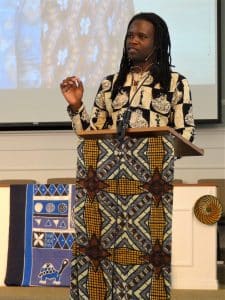
Lance Muteyo preaches at Prairie Baptist Church in Prairie Village, Kansas, on June 25, 2017. (Brian Kaylor/Word&Way)
Lance Muteyo, a peace activist in Zimbabwe who cofounded the Pan African Peace Network and leads Trees of Peace Africa, is concerned about the impact the outbreak and the governmental responses will have on his country. He told Word&Way that as in other countries, “the virus has negative lasting impacts,” not just physically but also emotionally.
“Many people are living in fear, panic, and uncertainty,” added Muteyo, who is also an international associate global servant with American Baptist International Ministries.
However, Muteyo also worries about the devastation brought by the lockdown, noting that “social distancing does not work here when the majority live in crowded townships.”
“A WHO-recommended lockdown is a necessary evil for the safety of everyone, including our global friends,” he explained. “Unfortunately, a ‘lockdown’ in many developing countries ends up becoming a ‘shutdown.’”
Muteyo recounted the situation facing Zimbabwe before the coronavirus pandemic: high levels of poverty and unemployment, and sanctions imposed by the U.S., United Kingdom, and European Union. Additionally, the country has just over half as many beds per 1,000 people as in the U.S., four percent as many doctors per 1,000 people as in the U.S., and a life expectancy of just 61. The World Food Program says about half the nation needs food aid, and inflation is at 500 percent. Thus, while a coronavirus outbreak could be deadly, so was the status quo before the pandemic.
Muteyo said he fears the “sad reality” is that in the lockdown people face the “dilemma” between going out to get things but risking the spread of the virus “or staying indoors and die of hunger.” Thus, while he sees staying home as a way of saving lives, he also knows that for many they have to leave home to save lives.
“It’s like locking a person who has been locked already with decades of poverty,” he said. “This lockdown is a threat to people’s livelihoods. People here have always been dying from hunger-related illnesses, and COVID-19 is not much of a death threat as compared to other daily threats.”
“The general attitude here is, ‘Death is death!’” he added. “COVID-19 is one of those everyday deaths people face.”
As Muteyo looks at the bigger picture, he sees echoes of colonialism in the lockdown as African lives are devalued in favor of policies benefiting Western nations.
“What’s frustrating is the arrogant attitude of the West towards Africa. These lockdowns are recommendations from the heavily-affected global West,” he explained. “Africa is simply doing ‘copy-paste’ attitude.”
“It’s even more worrisome to see many pessimistic Western predictors arguing that Africa will be wiped,” he added. “Many are still waiting to see an African disaster of biblical proportions.”
Muteyo fears the push for locking-down African nations is more about saving Western nations from contamination, even though many of the first cases in African nations came from travel from the Western nations.
“I see this lockdown as a tool to save the West,” he said. “It means that if COVID-19 hits us hard with our poor infrastructure, it will be a global threat. We are merely doing it to save our ‘Masters,’ otherwise we could have come with better home-grown solutions.”
“It is my prayer that God lifts up a Zimbabwean solution to our local problems,” he added. “Lockdowns without paying close attention to people’s daily lives are equal to torture. This whole story goes back to the struggle between the global powerful and the global powerless. I am not hearing much of the African voices and/or solutions been taken seriously in the global mitigation of COVD-19.”
For Muteyo, the current situation highlights the need for peace-building work that includes economic priorities that free people from neo-colonial influence of outside countries.
“I have always argued that the greatest peace-building work in Africa must manifest in massive economic empowerment. Africa is still the world’s baby — begging, crying!” he argued. “Africa has been historically disenfranchised like many other developing regions, so to catch up it must stop over-concentrating on chicken and goat projects but build massive economic ventures that get its people out of poverty.”
“COVID-19 in Africa is showing signs of how Africa is in abject poverty,” he added. “Few African countries have more than 100 ventilators, for example. Peace work must impact people’s economic systems.”
But amid all the concerns about coronavirus, lockdowns, and economic woes, Muteyo sees churches in his nation continuing to minister. Christians account for 84 percent of the population, though Baptists are not among the largest groups. According to the Baptist World Alliance, there are more than 670 Baptist churches with more than 67,000 members in a nation of 16.5 million people.
“Churches are praying hard here,” Muteyo said. “They have also created safety nets to help their members with basics like food.”
“We believe that Zimbabwe wasn’t affected as much because of our attitude towards God. Everyday struggles have made us faith and prayer warriors,” he added. “Prayers here have become lifestyles not events and liturgies.”


